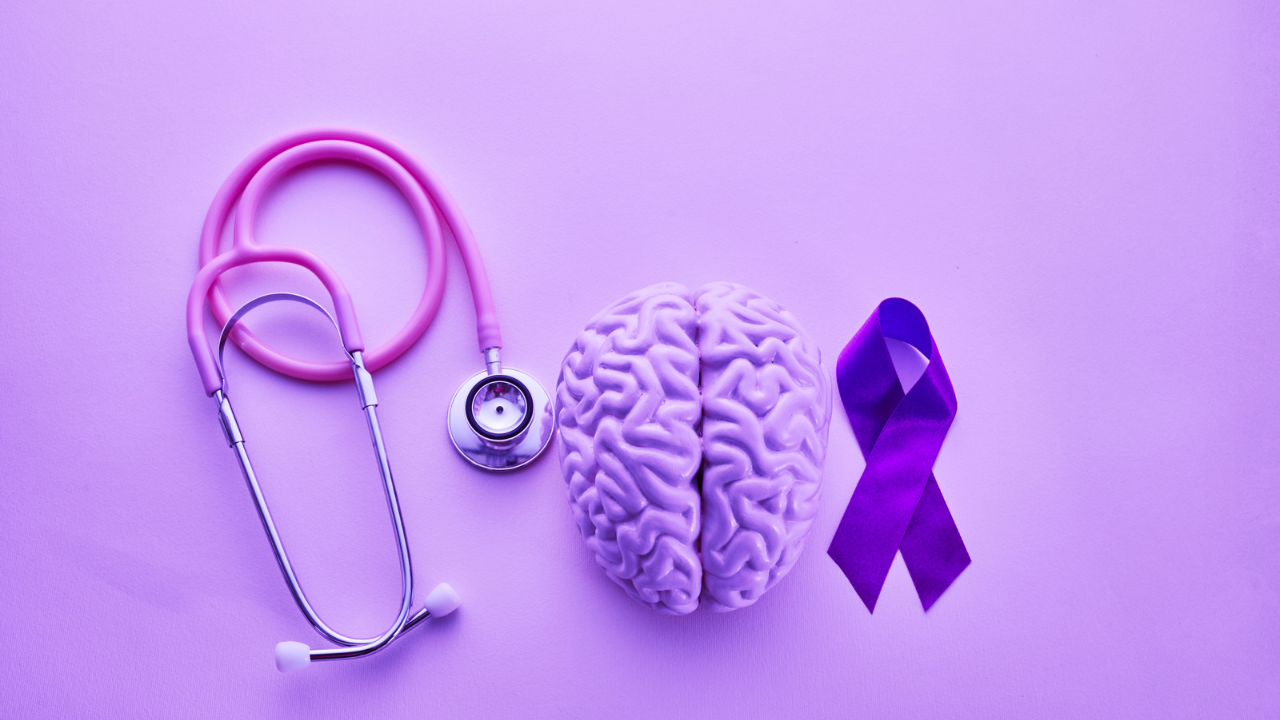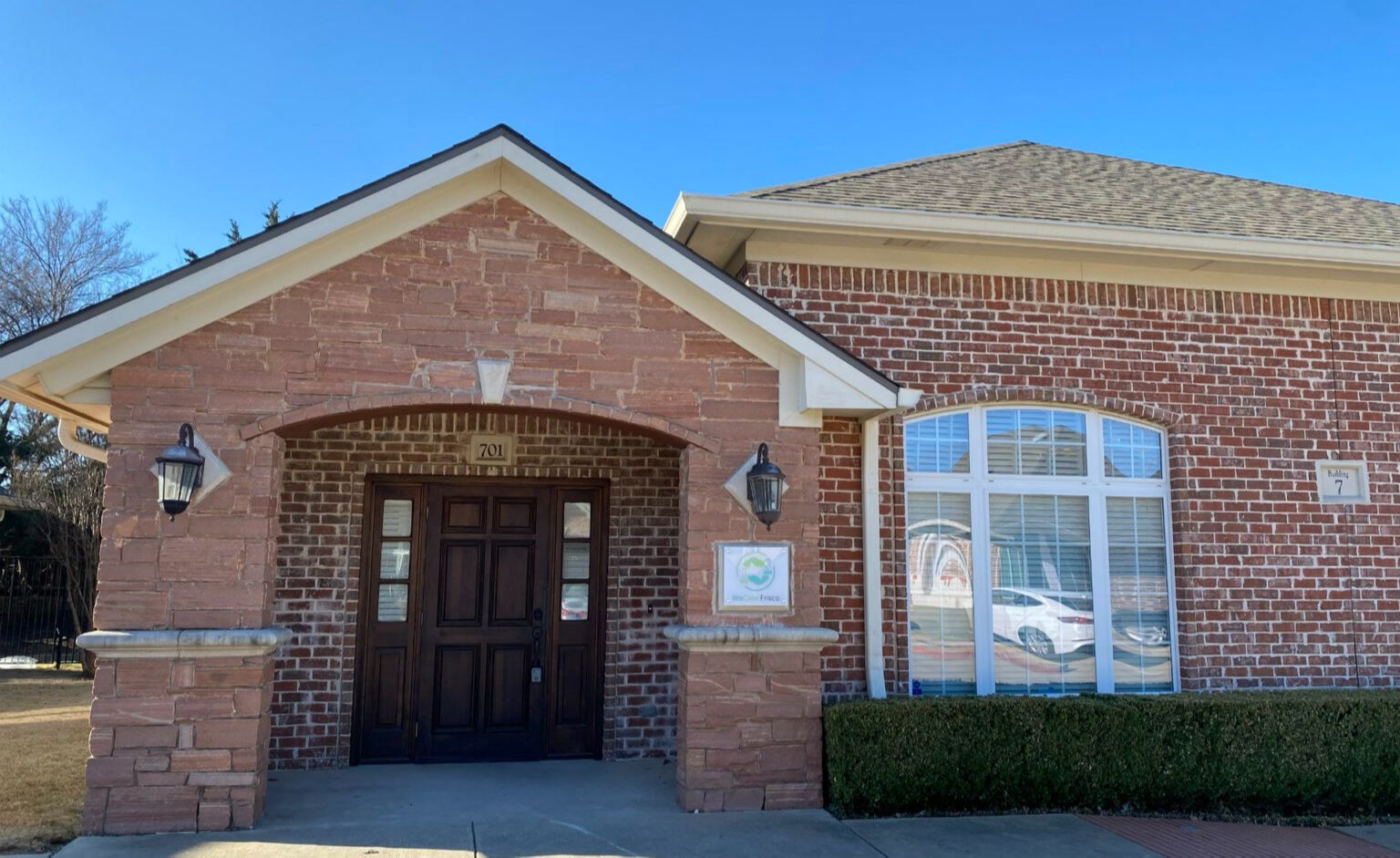
Functional Medicine and Alzheimer’s Disease - An Emphasis on Prevention
Jun 13, 2023By Jennifer Engels, MD
There are few words more dreaded than these two, Alzheimer’s disease. First identified in 1906 by German psychiatrist and neuropathologist Dr. Alois Alzheimer, this malady attacks the brain without warning, has no known cure to date, and progresses through devastating stages until it finally kills everyone it afflicts. Once diagnosed, an Alzheimer’s patient typically lives 3-9 years, though some survive for 20 years or longer.
Stated another way, Alzheimer’s is a disorder of the brain that gets worse over time and is marked by changes in the brain due to deposits of certain proteins. The disease causes the brain to shrink and eventually for brain cells to die. It is the most common cause of dementia - the decline in memory, thinking, behavior, and social skills, the essential attributes that enable us to function as human beings.
The Cost of Alzheimer’s
To get some idea of both the individual and societal costs of this insidious disease, consider these statistics from the Alzheimer’s Association:
- More than 6 million Americans currently live with Alzheimer’s, and that number is expected to rise to 13 million by 2050.
- 1 in 3 seniors dies from Alzheimer’s or some other form of dementia, and it kills more than breast cancer and prostate cancer combined.
- The lifetime risk for Alzheimer’s at age 45 is 1 in 5 for women and 1 in 10 for men.
- In 2023 Alzheimer’s and other forms of dementia will cost the nation $345 billion, a figure that could climb to almost $1 trillion by 2050.
- Over 11 million individuals provide unpaid care for those suffering from Alzheimer’s or other forms of dementia.
- In 2022 these unpaid caregivers provided an estimated 18 billion hours of care valued at an estimated $339.5 billion.
- In Texas in 2022, caregivers provided 1.5 billion hours of unpaid care valued at $23.5 billion, and 59% of these caregivers had chronic health problems of their own.
The Stages of Alzheimer’s
Every person diagnosed with Alzheimer’s disease is affected differently, but patients tend to experience a similar trajectory from the beginning of the illness until death. The precise number of stages is somewhat arbitrary and varies from one authoritative source to another, some saying for example, the disease has four stages, others seven stages, etc.
For brevity’s sake, we’ll use the stages provided by the Alzheimer's Association, Early, Middle, and Late-stage Alzheimer's.
- Early-stage (mild): In this stage, an individual may continue to work, drive, and engage in social activities. Their symptoms may include having difficulty coming up with a word, remembering names when introduced to new people, difficulty performing tasks in a work or social setting, losing or misplacing objects, and increased difficulty in planning and organizing.
- Middle-stage (moderate): Typically, this is the longest stage of the disease and can last for many years. As the disease progresses, a greater level of care is required. Common symptoms include forgetting events or personal history, feeling moody and withdrawn, confusion about the day or the week or where they are, trouble choosing the proper clothing, trouble controlling bowels or bladder, changes in sleep pattern, wandering and getting lost, and personality and behavioral changes, along with compulsive and repetitive behavior such as wringing hands or shredding tissue.
- Late-stage (severe): In this last stage, symptoms of dementia become severe with individuals losing the ability to respond to their environment, carry on a conversation, and eventually control movement. As memory and cognitive skills decline, extensive around-the-clock care is required. Individuals also become increasingly vulnerable to infections, especially pneumonia.
The Causes of Alzheimer's
The disease is caused by a buildup of amyloid and tau proteins in the brain that eventually causes the brain to stop functioning. The human brain contains over 100 billion nerve and other cells, and scientists believe that amyloid protein builds up in brain cells over time forming masses called plaques. Meanwhile, twisted fibers of the tau protein form tangles, and together the plaques and tangles block communication between nerve cells, preventing them from performing their normal functions.
This slow and ongoing progression and death of nerve cells results in the symptoms of Alzheimer's described earlier and starts in the hippocampus - the portion of the brain controlling memory - and spreads to other areas.
Genetics and Alzheimer’s
It is still a mystery to researchers why some individuals develop Alzheimer’s and others do not, but beyond the obvious risk factors such as age and gender, they have found that certain genes are linked to Alzheimer’s and put you at greater risk.
For example, the most common form of Alzheimer’s - late-onset Alzheimer’s - begins after age 65 and the gene most commonly linked to late-onset Alzheimer’s is apolipoprotein E (APOE).
This gene has several forms, and the APOE e4 form is the one that’s linked to getting a worse form of Alzheimer’s and with an earlier stage of disease onset.
That said, not everyone with the APOE e4 form gets Alzheimer’s, and many people who don’t have that particular gene get the disease. That suggests there are factors other than genetics that contribute to the disease, such as lifestyle, race, ethnicity, and environment.
Different Paradigms for Alzheimer’s - Traditional Medicine vs. Functional Medicine
At present, there is no cure for Alzheimer’s, and given the many questions still surrounding the disease, it is not surprising that within the medical community different approaches are taken in dealing with it.
The practitioners of traditional medicine tend to use two types of drugs to treat the symptoms of Alzheimer’s - cholinesterase inhibitors and NMDA antagonists. While these medications can temporarily lessen the symptoms of Alzheimer’s, they do not cure the disease or stop its progression. Some worry that over time the use of these drugs can even lead to a worsening of Alzheimer’s symptoms.
In contrast, rather than treating symptoms, the medical doctors who practice functional medicine seek to find the root cause or root causes of a disease, thus their approach to Alzheimer’s places an emphasis on methods of disease prevention.
The Bredesen Protocol
Developed by neurologist and functional medicine practitioner Dale Bredesen, M.D., the Bredesen Protocol is an individualistic, holistic approach to prevent and even reverse cognitive decline. The basic intent of the protocol is to address the root cause, rather than using pharmaceuticals to mask the symptoms of the disease.
The first step is a series of blood tests and a cognitive assessment that enables the doctor to customize a treatment plan for better brain health. Beyond that baseline, the protocol seeks to identify each person’s metabolic imbalances that have contributed to their cognitive decline, or their potential decline.
The overall goal of the Bredesen Protocol is to remove the exposure triggers that lead to cognitive decline, maximize health support, and rebuild the individual’s cognitive network. In pursuit of these brain health objectives, the protocol places emphasis on:
- Fat burning
- Insulin insensitivity
- Nutrient, hormone, and trophic (growth factor) support
- Reduction of inflammation
- Treatment of previously undiagnosed pathogens
- Toxin exposure
- Sleep optimization
Assistance at WeCare Frisco
Whether through the Bredesen Protocol or other holistic approaches, we will help your body optimize itself to decrease the likelihood or severity of this dreaded disease. I urge you to contact our clinic for a free Discovery Call. Together, we’ll discuss and explore your situation and formulate a plan. Please do not delay. Contact us at WeCare Frisco at your earliest convenience.



